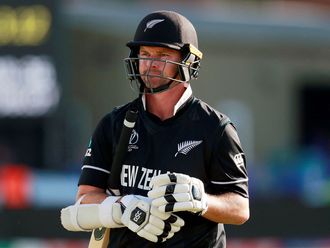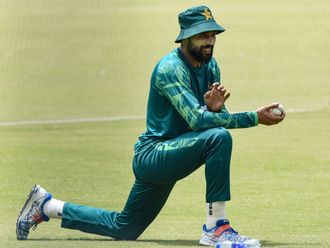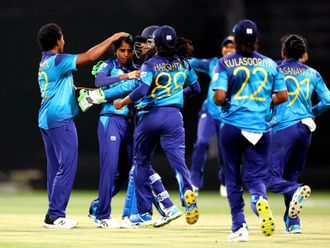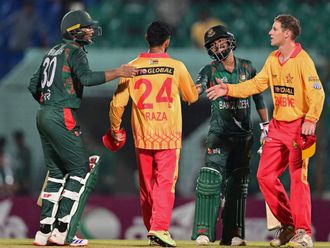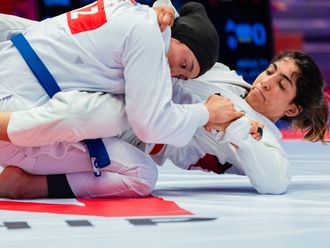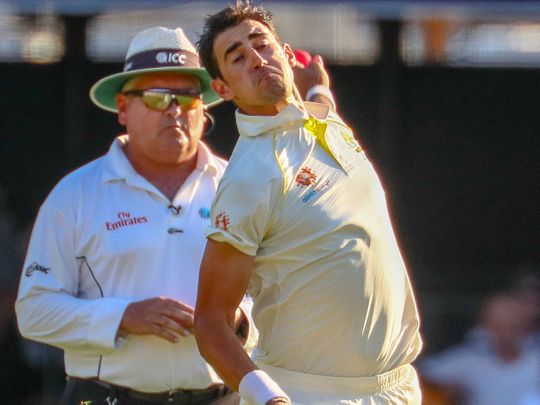
Dubai: Mitchell Starc, the left-arm Australian pace warhead, rooted for playing a pink-ball Test against India when the two teams lock horns against each other towards the end of the year in the Border-Gavaskar Trophy.
“I think absolutely a pink-ball Test in the series against India is a great thing,” Starc said in a virtual media conference, hosted by cricket.com.au.
“The fans love it, I think it creates a different aspect to the contest, bat and ball are closer together in that contest. India played a pink-ball game in India so they’re not completely foreign to it,” he added.
India had refused to play a day-night Test on their last tour to Australia in 2018-19 when they, under Virat Kohli, registered their first-ever Test series win Down Under.
However, India then played their first-ever pink ball Test against Bangladesh last November at the Eden Gardens in Kolkata which they won under three days and the BCCI President Sourav Ganguly in February had agreed that there would be a pink-ball Test in the upcoming tour.
Australia have played seven day-night Tests so far and have registered victories in all those matches. “In terms of an advantage, if you like, we do have a good record at home with the pink ball,” said Starc, who boasts an enviable record of 42 wickets at 19.23 from his seven day-night Tests.
“That might come into a home-ground advantage and it’s no different to us going to India and they’ve got the advantage there.
Asked about the International Cricket Ccouncil’s (ICC) move to ban use of saliva on the ball for now, Starc warned that cricket risks becoming “pretty boring” if ball-tampering rules are not ‘relaxed.’
Starc said swinging the ball in such a manner was a crucial part of the contest between bowler and batsman.
“We don’t want to lose that or make it less even, so there needs to be something in place to keep that ball swinging,” he said, before ading: “Otherwise people aren’t going to be watching it and kids aren’t going to want to be bowlers.
“In Australia in the last couple of years we’ve had some pretty flat wickets, and if that ball’s going straight it’s a pretty boring contest.”
Starc felt that if bowlers were disadvantaged by a saliva ban, they should be given more leeway elsewhere. The 30-year-old said ground staff could be ordered not to produce batsman-friendly flat wickets, or ball-tampering rules could be changed allowing a substance such as wax could be applied to the ball.
“It’s an unusual time for the world and if they’re going to remove saliva shining for a portion of time they need to think of something else for that portion of time as well,” he said.
“(Either) with the wickets not being as flat or at least considering this shining wax.”
Australian cricket ball manufacturer Kookaburra is developing a wax applicator that allows players to shine the ball without using saliva.


